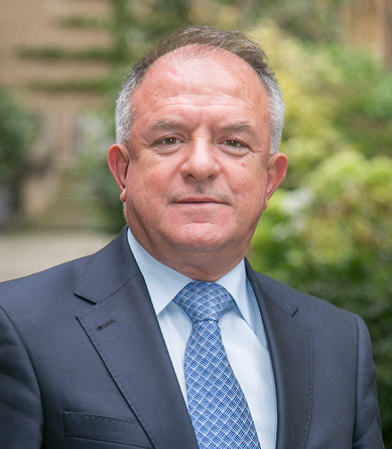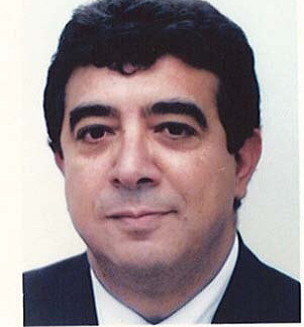The Middle East’s Gulf region is endowed with one of the world’s largest reserves of hydrocarbons and it is also an area with significant potential for development of solar energy projects. For a very long time, the region has been looked at as a main export source of oil and gas supplies to the rest of the world. However, as we entered the 21st century, the energy balance of most of the Gulf countries started to come under a lot of pressure as a result of rapid economic and population growth rates, including large energy-intensive industrialization programs. Today, several Gulf countries are facing increasing energy supply deficits, and some have even started importing gas from outside the Gulf region. Most of these are also seriously considering alternative sources of energy, including renewables and nuclear, to address the alarming increase in energy use in the region (projected to be the fastest in the world after Asia). The Gulf being one of the regions with the highest per-capita energy intensity, efforts are also focused on demand-side management (DSM) options. Unfortunately, the heavy energy price subsidies that feature in all the Gulf economies remain a major barrier to any serious DSM actions. Intra-Gulf energy exchanges through regional or sub-regional energy (electricity and gas) grids are also considered, and a GCC power grid is already operational, but it is unclear yet how these schemes would operate and/or if there are enough tangible incentives to develop them. This workshop will review and discuss all the above-mentioned issues and highlight the challenges ahead for this region within the context of mounting political and economic turbulences in the Middle East region and the rest of the world. It will also look at the climate change implications of such challenges and how they will be addressed as some of the Gulf countries aspire to play a more important role in the transition to a cleaner energy world.
3 DAYS / 12 Workshops
MORE THAN 300 ACADEMIC PAPERS
The purpose of the workshop is to provide an independent platform for participants from the
Gulf and outside the region to discuss the key challenges the Gulf countries are expected to face
in meeting their medium- to long-term domestic energy needs and the potential impact these will
have on this region’s currently predominant role of exporter of energy resources to the rest of the
world.
The workshop will consist of a series of short presentations focusing on the proposed themes
listed below and based on the submission of short papers (no more than 10 or 15 pages with data
inserted in an appendix) covering the key pertinent aspects of each of the proposed themes. In
order to enable participants to engage fully in the workshop discussions, paper/presentation
contributors are encouraged to avoid submitting highly technical papers.
The proposed themes of discussions are as follows:
• Gulf’s current domestic energy policy and regulation
• Gulf’s energy intensity and demand-side management issues
• Gulf’s existing and future energy supply of fossil fuels
• Gulf’s renewable energy potential
• Gulf’s nuclear energy alternative
• Gulf’s existing and future energy/feedstock demand (focus on power and industrial users)
• Intra-Gulf energy exchanges and development of Gulf energy infrastructure
• Gulf’s existing and future oil and gas exports/imports
• Gulf’s energy policy making and climate change considerations
• Impact of political turbulences in the region on Gulf’s future energy and industrial
policies
Other proposed relevant themes of discussions are welcome.

